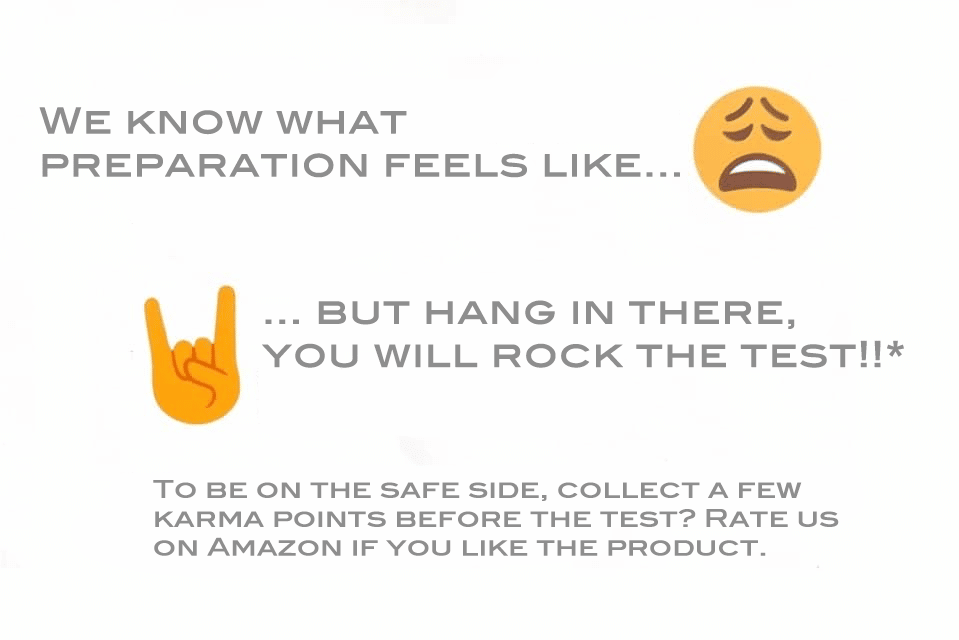Recommendation marketing: Highly advised
Sense and nonsense in recommendation marketing
Marketing is changing. Yesterday’s illuminated advertising is not only outdated, it is also not a medium of the future for energy reasons. The stack of advertising brochures (neatly shrink-wrapped in recycled foil) is not only a Saturday nuisance, but also hazardous waste in its combination of materials. The GDPR has not only given us the great cookie banners, but also prevents (even more so in the future) the tracking of visitors to our websites and ads.
So what do we do now? What is actually still possible in marketing? There was something…
We recommend each other.
Good idea 😀
And one that is based on trust. Not on technical jargon, glittering reels or videos that are pushed by horrendous budgets and evaluated with questionable KPI.
Simply word of mouth. From person to person. And all this for nothing – perhaps even in the double sense of the word.
Recommendation marketing – a first stumbling block
Do you remember the days of magazine subscriptions? These were recommended to each other. As a reward, one received many a suitcase set or an additional product of personal choice. Online shopping has something similar: after a purchase, customers receive discount codes to use on future purchases. And after a short delay, a friendly invitation to rate the product or service flutters into the mailbox. In some cases, there is a “goodie” again for the review.
Recommendation marketing relies on the fact that we humans can be bought (at least to a certain extent).
But this is exactly where the first pitfall lurks:
Permissible advertising with testimonials, reviews or recommendations is only permissible if there is no service in return. It is therefore permitted to ask customers for a review, but companies are not allowed to promise them discounts or vouchers in return. Ouch!
The practice of recommendation marketing
No sooner said than done: the customer project is successfully completed – so companies ask their customers for a recommendation. And how do companies do this exactly?
A recommendation must absolutely be based on voluntariness and also on individuality.
- So a personal email with a specific reason is fine.
- A collective email to the last 10 customers is no longer!
It must also be made clear that this evaluation may then also be used for advertising purposes – otherwise it is a nice piece of feedback for the home noticeboard.
And where should the satisfied customer leave this recommendation?
Google seems like a good idea.
On Google, reviews are placed very prominently in the profile of companies. The associated stars give businesses a bit of a 5-star hotel feel (only with good reviews, of course). Otherwise, these companies quickly slip into the middle class. In times of all-inclusive and the constant hunt for the very best offer, this can unfortunately quickly backfire. Moreover, the star donor must have a Google account. But even if many people have a dedicated Google account, not everyone likes to bow to the power of the search engine giant.
So perhaps a more subtle (professional) option after all? A platform like Proven Expert or Trusted Shops, for example. Here, companies can integrate the positively collected reviews in different designs on their own website (of course, this also implicitly recommends the corresponding platform to others; shame upon anyone who thinks something bad). Such embedding creates trust. So quickly send the link to the last customer and hope that he or she will take the time to leave something nice there and give his or her name for it.
This is where the next stumbling block lurks: not every satisfied end user knows whether he or she is also allowed to rate on behalf of his or her company. Understandably, we would also like to know that the company’s name is mentioned. We are happy when Peter Mueller reviews our products or services, but when Peter Mueller works for a DAX company, we are even happier. And of course it also looks a bit bigger, the stars shine more golden, so to speak.
Companies easily overlook the fact that such rating platforms are not for free. Some cost money, others at least time. As a company, you also have to keep at it. In order to receive the coveted bronze, silver or gold top service provider awards, you need a good number of collected evaluations. And these also expire over time.
Isn’t there something simpler?
Right – an acquaintance recently asked you to confirm his expertise on LinkedIn. So you quickly add the top skills to your LinkedIn profile (do you take 10, 20 or even 30 skills? Would a lot help or is less more?) and friendly canvass the community. Who do you ask for what? And who do you trust enough to do it – it would be embarrassing if you asked someone and he or she didn’t budge. That could really shake up relationships, because you can interpret a lot of things into such a non-reaction… Supposed business partners doubt my competence… Oh dear.
While we are still thinking about it, a former workshop participant asks for a recommendation on LinkedIn. Oh yes – actually even better: better a personal recommendation than just a clumsy confirmation of knowledge. So go through the community again and ask for one. Maybe send the pre-formulated text at the same time – makes it easier for the other person and, after all, one hand washes the other. In return, we would also write a recommendation, give 5 Google stars or follow them on Instagram or…
Not so easy, this recommendation marketing. What wonderful times we had when we could simply say that the local carpenter, who doesn’t even have a website, made the great table and that the recipe for the delicious cake came from grandma.
Attention! Unfair competition!
With the hype of recommendations, the incentive for dubious business also increases. Thus, a separate market has developed for the sale of good recommendations. Comparatively transparent, one can find out on the net that the top seller, namely 20 Google reviews, is available for 209.95€. Employer seals as “Top Employer” directly cost several thousand Euro. The legal situation here was unclear for a long time, but since May 2022 a revised version of the Unfair Competition Act (UWG) has been in force. Since then, two things have been expressly considered a breach of competition law:
Buying reviews:
“The transmission or commission of falsified consumer reviews or recommendations as well as the false representation of consumer reviews or recommendations in social media for the purpose of sales promotion”
and
Misleading consumers about the authenticity of reviews:
“The claim that reviews of a good or service come from such consumers who have actually purchased or used that good or service”.
Our tip for recommendation marketing
Sustainable recommendation marketing relies on the “real” development of stable customer relationships. Of course, you can and should ask such customers for recommendations. And as with all marketing measures – and it is one, even if we “talk ourselves up” about it because of its voluntary and free nature – the following applies:
- Good marketing takes time,
- tact,
- transparent communication and
- a goal.
Ambushing customers with an email and numerous options is certainly not a good move. Knowing which platform and communication medium your customers feel at home on helps enormously when you ask for reviews.
Creativity is also needed here.
A request for recommendation, as seen here in the picture, is well done. In such a situation, wouldn’t you give a positive rating just for the sake of foresight? 😉
Last but not least, you also have to be able to handle it when critical tones follow. Whereby: you rarely have to ask for them – that’s where our German evaluation mentality works. We can criticise better than we can praise. If we all keep that in mind, then perhaps appreciation will also work better. Then you might receive a personal message, golden stars or karma points without being asked. In the best case, new customers emerge out of the (from a marketing point of view) supposed nothingness. They don’t come to you via an ad, the website or a lecture, but because people only recommend things to each other that they are convinced of – in terms of content, price, people. And not just immediately after the project is completed, but perhaps much later, in a completely different context. True evaluations are very sustainable. And true recommendation marketing is indeed highly recommended. Highly advised!
Notes:
At doppel[t]spitze.de you will find interesting information about the two authors Julia Collard and Sven Schnitzler.
If you like the article or want to discuss it, feel free to share it with your network.
Julia Collard and Sven Schnitzler have published several other articles in the t2informatik blog, including:

Julia Collard & Sven Schnitzler
Julia Collard and Sven Schnitzler are Doppel[t]spitze. Networking & learning and the personal and virtual exchange of knowledge are their passions. As knowledge networkers, they make opinions, people, companies and their work visible. Innovative work means that they get by without power games & competitive thinking and that individual performance, efforts and ideas are in the foreground.
Dual leadership means that Julia and Sven work in tandem in their agency to develop and implement innovative and practical online marketing concepts. A clear marketing strategy is the key to success. The focus is always on people and their stories. “Share your story” can say so much – stories connect people, companies and departments. They make people visible and have an impact. This is how Julia & Sven live marketing.



